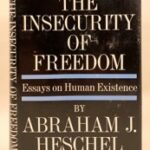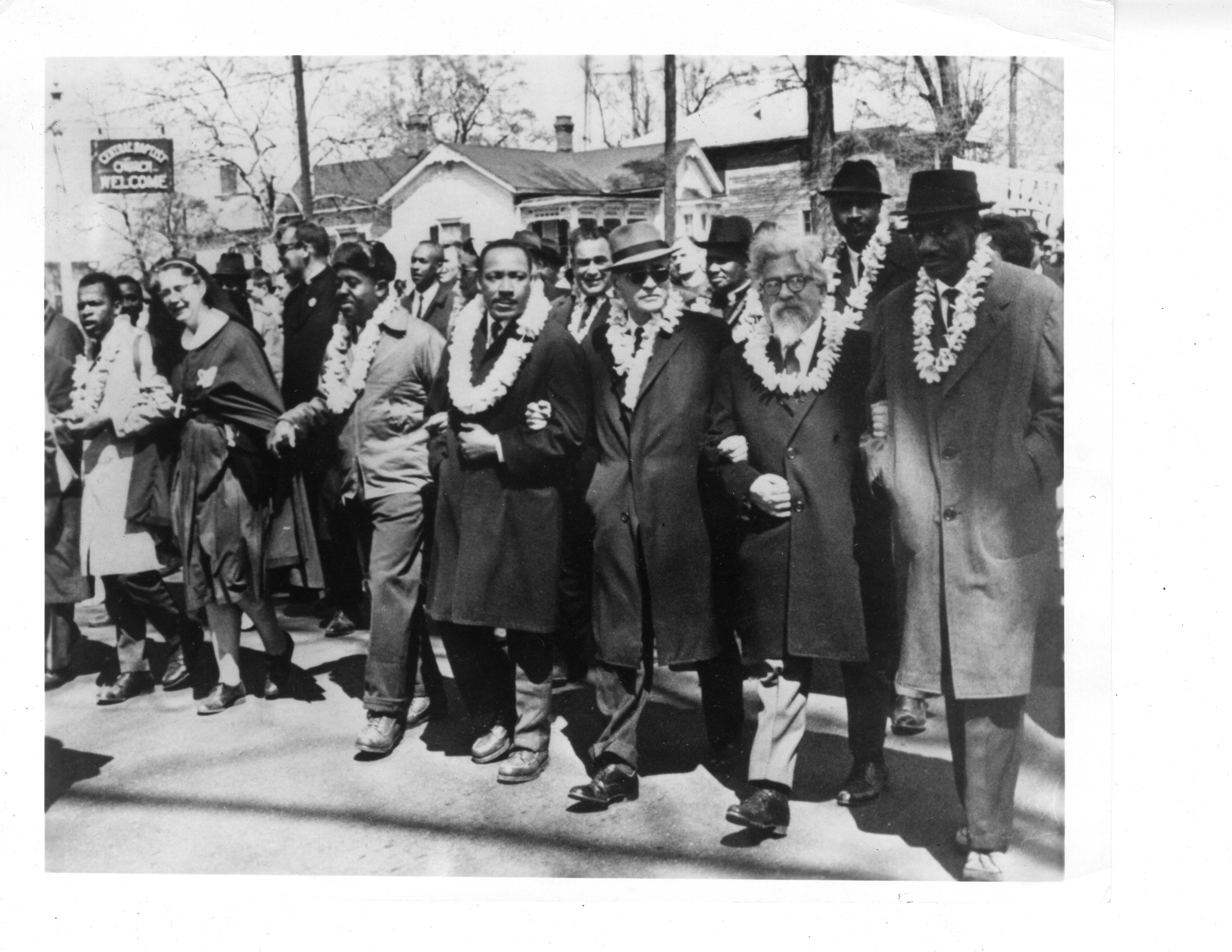Rabbi Daniel Nevins
He was open to being changed by others.

Golda Och Academy
New York
A Jewish Perspective
Where did you first encounter Heschel’s work?
I spent the year after high school studying in Jerusalem at Yeshivat HaMivtar (Brovenders), where I struggled with issues of religious doubt and observed the darker side of religious zealotry. Somehow I found a copy of Heschel’s Passion for Truth, and learned that there was a rich literature on these topics, especially on the danger of egotism found in elite settings like the Beit Midrash. I appreciated the Kotzker’s intolerance of hypocrisy and pride—it served as much needed tokheha (correction) for my incipient arrogance. And the hesed (compassion) of the Besht reminded me that kindness is the foundation of righteousness.
I returned to Heschel again in college when I studied the prophets as models of social criticism and used a Heschel quote as a frontispiece for my senior thesis on Brit Shalom, a bi-nationalist organization in Mandatory Palestine. In rabbinical school I was drawn to Torah min hashamayim and found appealing the idea that Talmudic sages stood for spiritual world views (even if historians doubted the reliability of such accounts). On the CJLS (Committee for Jewish Laws and Standards), I looked to Heschel’s The Sabbath to frame my responsum on electricity and Shabbat, and then returned to his “Patient as Person” address to the AMA when studying artificial intelligence. Of course we were all proud of Heschel’s social justice activism, but it was his writing that most moved me.
How did Heschel and his thinking inspire your work, religious life, or civic engagement?
A 50-year legacy: Heschel symbolizes for me the importance of being deeply rooted in one’s own religious heritage while remaining wide open to finding friendship and meaning far from one’s own path. It’s not just that Heschel made alliances, but that he was open to being changed by others. It would have been easy for someone whose world was so thoroughly destroyed to turn inward and angry. What a remarkable model he established in the opposite direction!
What of Heschel lives in you?
The fact that his most memorable public actions came at the very end of his life. I look at him and wonder what spiritual opportunities await as I approach 60.
What constitutes being human, personhood? The ability to be concerned for other human beings . . . The truth of being human is gratitude, the secret of existence is appreciation, its significance is revealed in reciprocity. Mankind will not die for lack of information; it may perish from lack of appreciation. Being human presupposes the paradox of freedom, the capacity to create events, to transcend the self.
—“Patient as Person,” Insecurity of Freedom
Additional Text:

